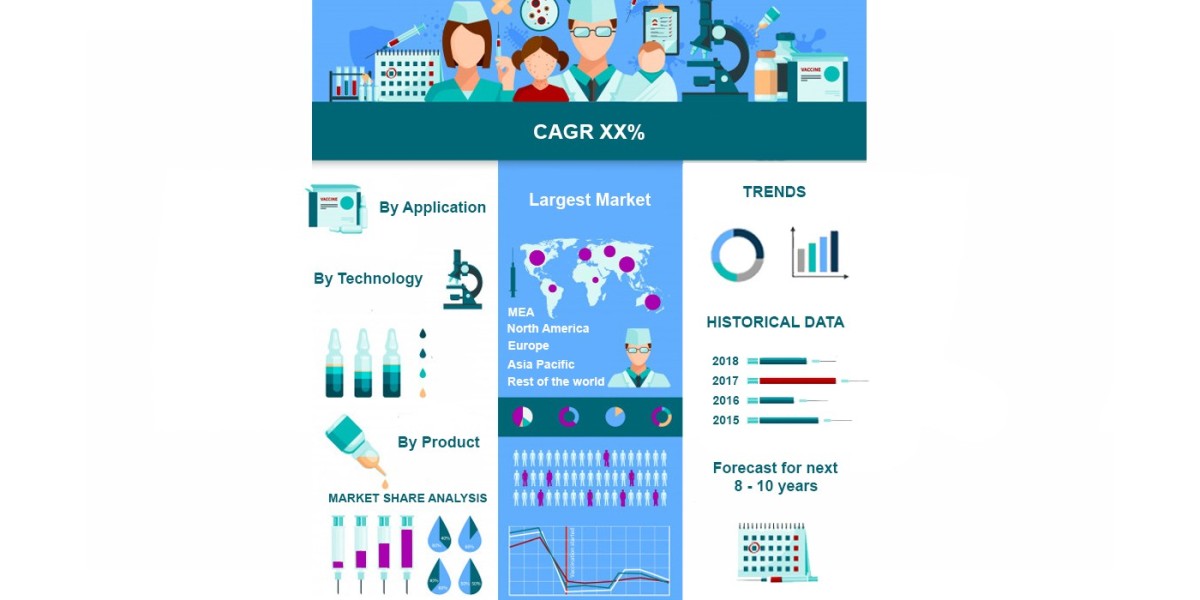Innovative PHP Solutions for Modern Web Development
In today’s digital era, a business's online presence needs to be visually engaging, functional, secure, and scalable. PHP has long been a preferred programming language for creating dynamic websites and applications. This versatile scripting language powers websites ranging from small business sites to major social platforms and e-commerce systems.
With the rapid changes in digital technology, modern PHP solutions have evolved to meet growing demands for faster, more secure, and interactive web solutions. In this article, we'll explore how PHP solutions are adapting to modern web development and why it remains a go-to tool for developers around the world.
The Transformation of PHP: From Basic Scripts to Advanced Frameworks
PHP has evolved tremendously since it was first created in 1995. Originally, it was a simple tool to make static web pages dynamic. Over the years, PHP has transformed into a robust language for building everything from content management systems (CMS) like WordPress to complex web applications and enterprise-level solutions.
The rise of modern PHP frameworks like Laravel, Symfony, and Zend Framework has played a significant role in this evolution. These frameworks offer pre-built modules, libraries, and best practices to simplify development, enabling developers to create high-quality web applications quickly and efficiently.
PHP’s Role in Modern Web Development
Today’s web development goes beyond designing a visually attractive website. Users expect websites to load quickly, perform smoothly across different devices, and provide personalized experiences. PHP has kept up with these demands, and here’s how it addresses modern web development needs:
1. Speed and Performance Enhancement
Website speed is crucial for user satisfaction and SEO. Slow-loading websites can cause visitors to leave, hurting user engagement and rankings. Thankfully, PHP has made great strides in improving performance. With the introduction of PHP 7 and PHP 8, performance has significantly improved. PHP 7, for example, offers up to twice the speed of PHP 5 due to optimizations in the Zend Engine.
Additionally, PHP includes caching features like opcode caching, which improves load times by storing frequently accessed data in memory. PHP-based caching solutions such as Redis and Memcached further boost website speed and performance.
2. Mobile-Friendly and Cross-Device Compatibility
With mobile usage on the rise, websites need to be fully responsive and work seamlessly across all devices. PHP can easily handle this demand, especially when combined with modern front-end technologies like HTML5, CSS3, and JavaScript. Together, these tools allow developers to create mobile-friendly websites that adapt to various screen sizes.
PHP’s cross-platform capabilities ensure that websites are compatible with different operating systems, including Windows, Linux, and macOS. This flexibility is crucial for businesses looking to engage users across different devices and platforms.
3. Enhanced Security Features
Website security is paramount, as cyber threats become increasingly sophisticated. PHP has made significant improvements in security features, offering developers the tools needed to protect websites from attacks.
PHP includes built-in security measures such as data sanitization, input validation, and encryption. Developers can use libraries like OpenSSL for secure communication and algorithms such as bcrypt for hashing user passwords. Additionally, frameworks like Laravel and Symfony offer security features that protect against common threats like SQL injection, cross-site scripting (XSS), and cross-site request forgery (CSRF).
By adhering to PHP security best practices and utilizing robust frameworks, developers can create highly secure websites.
4. Integration with Modern Web Technologies
Modern websites need to connect with various third-party services and technologies. PHP’s flexibility makes it an ideal choice for integration with APIs, payment processors, social media platforms, and more.
PHP can easily integrate with services like PayPal, Stripe, and Twilio for payments, communications, and SMS. It can also connect with social media platforms such as Facebook and Twitter for features like social login, sharing, and content distribution.
Furthermore, PHP works well with modern JavaScript frameworks like React, Angular, and Vue.js. Developers can build rich, interactive user interfaces with these frameworks while using PHP to handle the back-end logic through RESTful APIs.
5. Scalability for Growing Projects
As businesses scale, their website requirements grow, too. Whether it’s accommodating higher traffic volumes or adding new features, scalability is key. PHP is a highly scalable solution, particularly when used with modern frameworks and cloud technologies.
Frameworks such as Laravel and Symfony feature modular architectures that allow developers to scale applications easily by adding or adjusting components. PHP can also be used in combination with cloud platforms like AWS, Google Cloud, and Azure, which provide elastic scalability to ensure websites perform well under high traffic loads.
Whether it’s a high-traffic e-commerce website or a content-heavy platform, PHP is capable of scaling vertically (adding more resources to a single server) or horizontally (distributing traffic across multiple servers).
Conclusion
PHP remains a reliable and flexible tool for web development, adapting well to the evolving demands of the digital world. Whether it’s optimizing performance, ensuring mobile compatibility, enhancing security, or facilitating integration with other technologies, PHP offers solutions for all aspects of modern web development.
By leveraging PHP frameworks and its wide range of built-in features, developers can build websites that deliver a fast, secure, and engaging user experience. For businesses looking to create scalable and high-performing websites, PHP continues to be a trusted language that meets the needs of today’s web development challenges.
As the digital space keeps evolving, PHP will undoubtedly continue to evolve with it, empowering businesses to stay ahead of the competition and provide superior web experiences.








